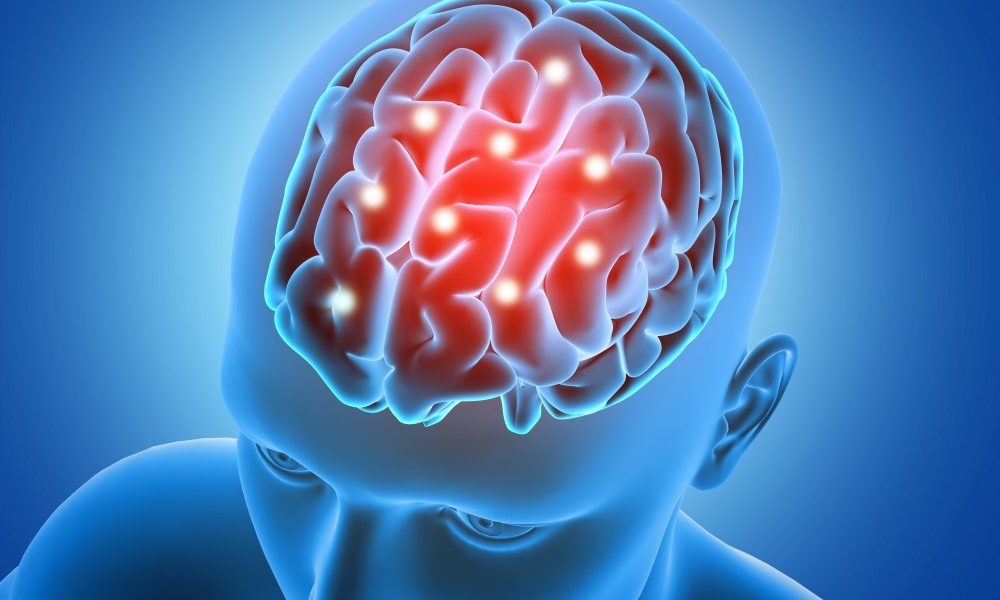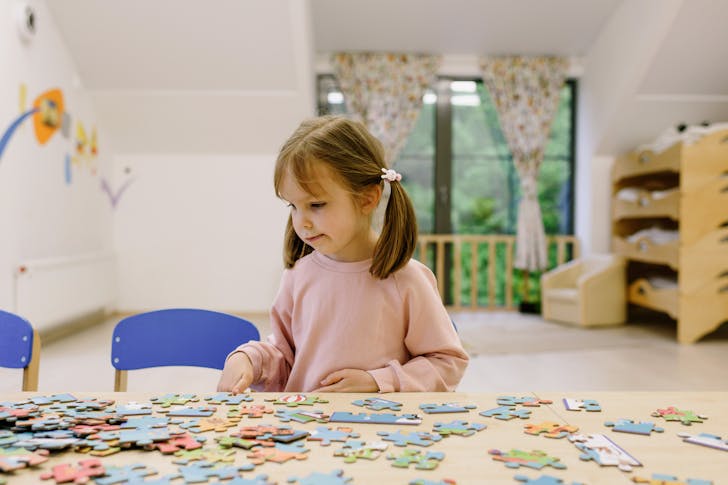
Our Brain: The Link Between Learning and Mindset

The brain is a complex organ that governs bodily functions but also shapes how we think and act. This interplay raises an important question: How does the brain affect mindset? The answer lies in the brain’s incredible adaptability, which helps us navigate life’s challenges and opportunities. Understanding this connection provides valuable insights into personal growth and resilience.
The Science Behind Mindset and the Brain
Mindset is a mental framework influenced by the brain’s structure and activity. Our experiences, attitudes, and behaviors are rooted in neural pathways, which the brain forms and reshapes throughout life. This process, called neuroplasticity, enables the brain to adapt, learn, and grow in response to various stimuli.
For instance, adopting a growth mindset—the belief that abilities and intelligence can develop—activates areas of the brain associated with learning and problem-solving. This mindset fosters resilience and encourages perseverance, even in the face of adversity. Neuroplasticity ensures that every time we embrace a challenge, the brain strengthens the pathways that support adaptability and growth.

Ksenia Chernaya | Pexels | Neuroplasticity enables the brain to adapt, learn, and grow in response to various stimuli.
How Does the Brain Affect Mindset?
The brain’s role in shaping mindset is profound. It creates neural networks influencing our beliefs, attitudes, and decision-making processes. These networks are the foundation for mindset, determining how we perceive the world and respond to setbacks.
When someone adopts a positive outlook, their brain releases neurotransmitters like dopamine, which enhance motivation and reward learning. This chemical feedback loop strengthens neural connections that support optimism and resilience. Conversely, a negative mindset can reinforce pathways that make it harder to break free from self-doubt or fear of failure.
This continuous interaction between brain activity and mindset underscores the potential for change. It’s possible to rewire the brain by consciously shifting thoughts and behaviors, fostering a more resilient and adaptive outlook.
Growth Mindset and Personal Transformation
A growth mindset emphasizes the potential for development through effort and learning. This perspective aligns with the brain’s natural capacity for change. Every time we engage in new experiences or practice new skills, the brain forms fresh connections and strengthens existing ones.
For example, individuals with a growth mindset are more likely to view mistakes as learning opportunities rather than failures. This approach not only helps in acquiring new skills but also rewires the brain to focus on improvement rather than perfection. The result is enhanced resilience and a greater willingness to tackle challenges.
Studies show that cultivating a growth mindset can lead to increased brain activity in areas linked to learning and memory. This heightened activity enhances our ability to adapt, making personal transformation not just a possibility but a likely outcome.
Resilience: The Brain’s Key Role

Mikhail Nilov | Pexels | A resilient brain is better equipped to regulate emotions, focus, and find solutions under pressure.
Resilience, or the ability to bounce back from adversity, is closely tied to how the brain processes stress and setbacks. When faced with challenges, the brain evaluates threats and generates responses based on past experiences and current mindset. A resilient brain is better equipped to regulate emotions, maintain focus, and find solutions under pressure.
Practices such as mindfulness and meditation can enhance resilience by training the brain to stay calm and focused. These techniques promote changes in the prefrontal cortex, which governs decision-making and emotional regulation. As a result, individuals become better equipped to handle stress and recover from setbacks more effectively.
The Link Between Learning and Mindset
Learning plays a critical role in shaping both the brain and mindset. Every new experience, skill, or piece of knowledge creates and strengthens neural connections. A growth mindset amplifies this process, encouraging individuals to embrace challenges as opportunities to learn and evolve.
For example, approaching a difficult task with curiosity rather than fear activates brain regions associated with creativity and problem-solving. This engagement not only enhances learning but also reinforces the belief that challenges are stepping stones to growth.
In addition, the feedback loop between learning and mindset is transformative. Each success reinforces the neural pathways that support resilience and adaptability, creating a cycle of continuous improvement.
More inHealthy Trends
-
`
Deal With Lower Back Pain With These Yoga for Sciatica Exercises
Lower back pain can disrupt daily life, especially when caused by sciatica. This condition occurs when the sacral nerve, located at...
November 29, 2024 -
`
8 Expert Tips for Staying Healthy in the Winter
Staying healthy in the winter requires a proactive approach, as cold weather can challenge immune strength and mental well-being. With a...
November 21, 2024 -
`
Concussion in Children: What Parents Need to Know for Safe Recovery
A concussion in children, especially from contact sports, requires careful attention to symptoms and recovery. A concussion, or mild traumatic brain...
November 15, 2024 -
`
Can Hypochlorous Acid Transform Your Skin Routine and Banish Acne?
Hypochlorous acid is rapidly gaining attention in the skincare world thanks to its potential to fight acne and support clear skin....
November 8, 2024 -
`
How Calisthenics Can Help Improve Your Overall Fitness?
Calisthenics is not a mere workout. It is a fitness revolution. Unlike weightlifting or running, calisthenics uses only your body weight...
November 2, 2024 -
`
10 Must-Have Foods for Kidney Health You Need in Your Diet
Our kidneys are powerhouse organs, working constantly to remove waste, balance fluids, and regulate essential minerals like sodium and potassium. These...
October 26, 2024 -
`
The Les Mills Fitness Festival in Riyadh | An Immersive Fitness Experience
The Les Mills Fitness Festival is coming to Riyadh. It is set to be a fitness experience like no other! On...
October 19, 2024 -
`
How Healthy Are Oats Actually? A Closer Look
Oats have become a staple in many breakfast bowls and snack bars. But are oats healthy? The short answer is yes!...
October 11, 2024 -
`
Here’s How You Can Detox Your Body & Start Afresh
Feeling sluggish, bloated, or mentally foggy? Learning how to detox may be the solution you need to refresh your body and...
October 4, 2024















You must be logged in to post a comment Login